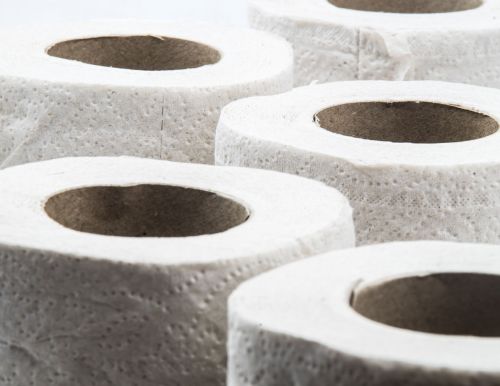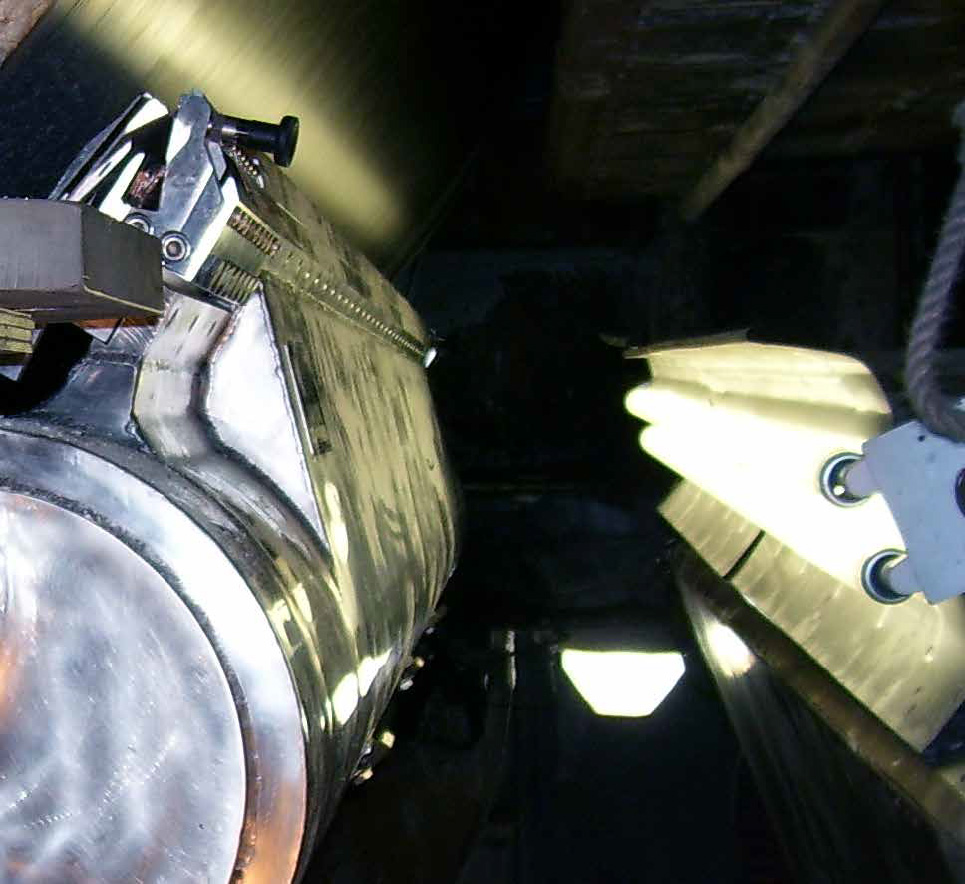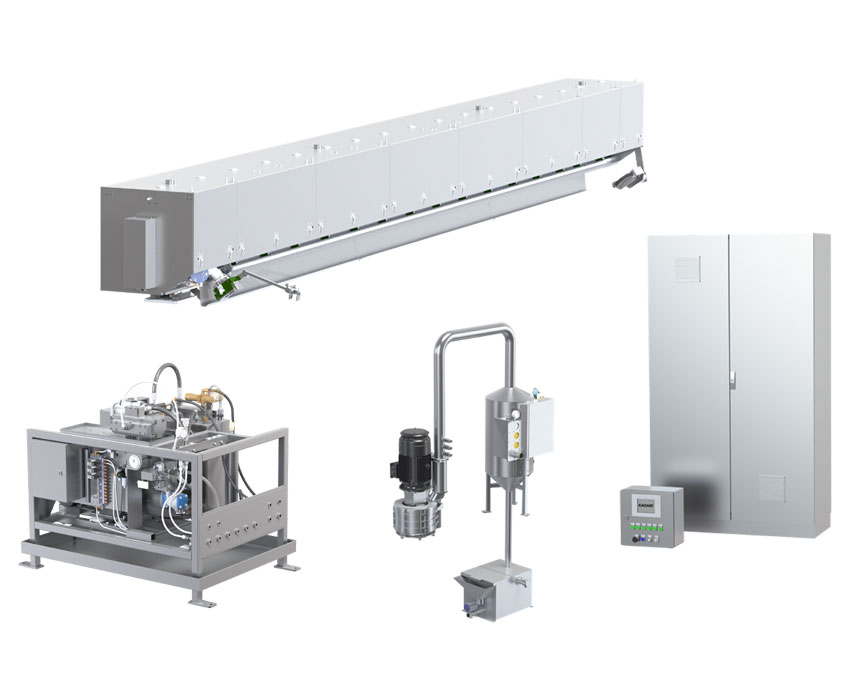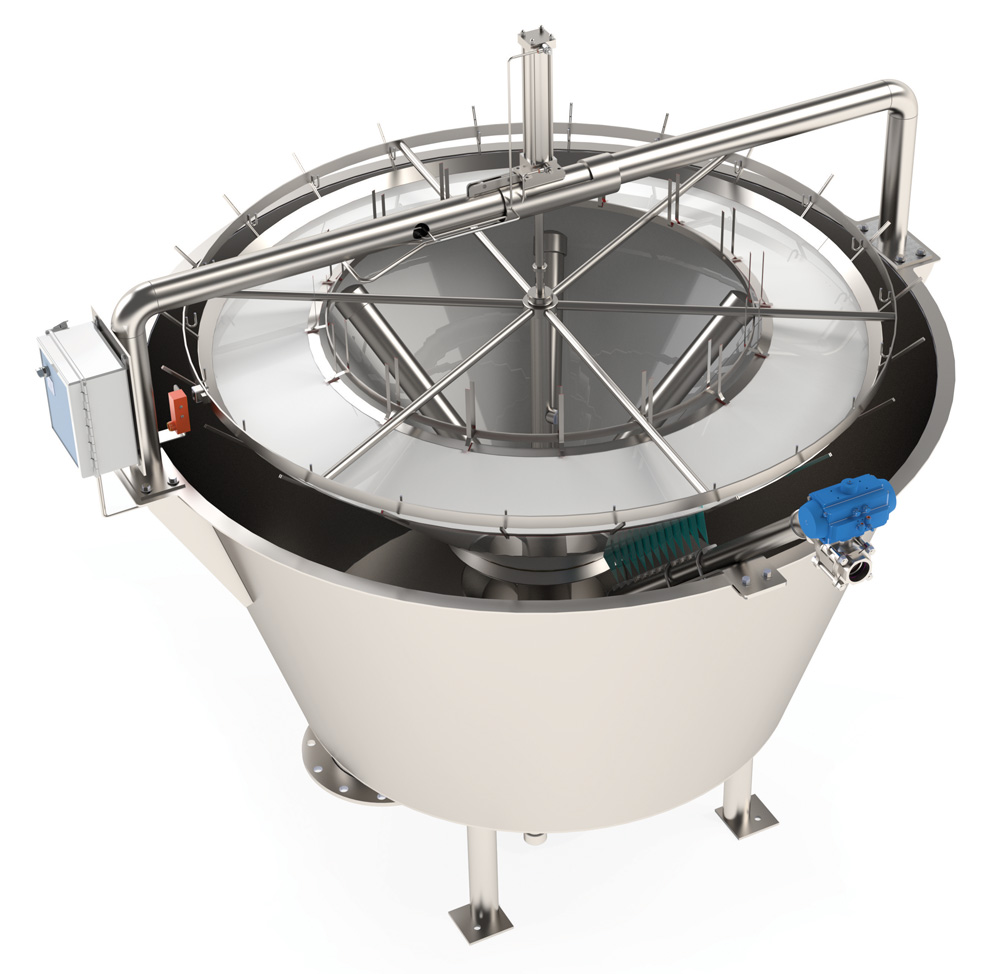Tissue

Kadant products and services play a critical role from beginning to end of the tissue machine by enhancing efficiency and product quality. These technologies include creping, doctoring, de-watering, fabric cleaning and conditioning, and filtration products, and the Yankee Safe™ program. Our technologies and services improve product quality, reduce energy and water consumption, improve long-term sustainability and keep the Yankee dryer safe.
Doctoring
Doctoring  is an important part of tissue manufacturing with several functions such as creping, dewatering, removing contaminants from fabric and felt carrier rolls, and cleaning and conditioning the Yankee dryer.
is an important part of tissue manufacturing with several functions such as creping, dewatering, removing contaminants from fabric and felt carrier rolls, and cleaning and conditioning the Yankee dryer.
Proper operation and maintenance of Yankee doctors is critical to the health of the Yankee dryer roll. Penalties for neglecting this include chatter, frequent re-grinds, damaged metallization, and downtime.
A doctor with a creping blade holder such as the Conformatic™ AL is used to load the blade against the Yankee dryer. Creping blade material options range from carbon steel to ceramic tip blades. A ceramic tip creping blade such as the CeraEdge™ is used in tissue production to add bulk, stretch, absorbency, and softness.
Cleaning & Conditioning
 Cleaning and conditioning products, such as the M-clean™ system, stationary and oscillating showers, electro-mechanical shower oscillators, and brush shower assemblies, are designed to remove contaminants from fabrics, felts, belts, wires, and rolls in process industries including tissue.
Cleaning and conditioning products, such as the M-clean™ system, stationary and oscillating showers, electro-mechanical shower oscillators, and brush shower assemblies, are designed to remove contaminants from fabrics, felts, belts, wires, and rolls in process industries including tissue.
Common applications for cleaning and conditioning systems include forming fabric, press felts, and dryer screens, as well as roll and doctor lubrication, conveyor and belt cleaning, product knock-off, drying cylinder cleaning, chemical cleaning, high-pressure belt press fabric and cylinder cleaning, drilled suction roll cleaning, and sludge press cleaning.
Filtration Systems

Filtration products, such as pressure filters and water resource recovery strainers, are used to remove contaminates from liquid in tissue manufacturing. A filtration system will contain a filter media which is used to separate unwanted particles from the substance being filtered. The filtration process can be intermittent or continuous providing high cleaning efficiency and easy maintenance.
To maximize performance, filtration systems are chosen and designed for the application. Common applications include fresh water, process water recycling, dyes and additives, mechanical seal protection, chemicals, DAF filtrate, clear-leg save-all water, overflow cylinder vat water, vacuum pump seal water, felt hair removal from the press section, fiber recovery from u-drains, solids separation, thickening, fiber scalping, removal of sand from river and lake, water, cooling towers, pump protection, and spray nozzle protection.
Kadant manufactures water resource recovery strainers, such as the RotoFlex™ resource recovery strainer and gravity strainers, which assist with the filtering process, and reclaiming of white water.
Stories and Case Studies
FAQ
Chatter on a Yankee is a result of multiple process and mechanical issues in the manufacturing of tissue that cause the doctor blade to skip or flex, and eventually bounce on the dryer surface digging into the metal and leaving chatter marks. A robust doctor assembly customized for the application and properly set up and maintained can greatly reduce the risk of chatter. Using the correct doctor blade for the application is another way to reduce chatter risk.
Unfortunately, some sheet holes are caused by stickies and pitches that adhere to the forming fabrics during the tissue making process. Often these contaminants cannot be removed with a full-width shower that remains in a set position, so using an M-clean™ system with a modular design provides flexibility in a fabric cleaning process for your application.
There are several ways to improve water consumption in your process. When starting a water system optimization project it’s important to measure the mill’s input and output at the start of the project. To learn more about where to look for water savings read, “Best Practices for Tissue Mill Whitewater Reuse.”